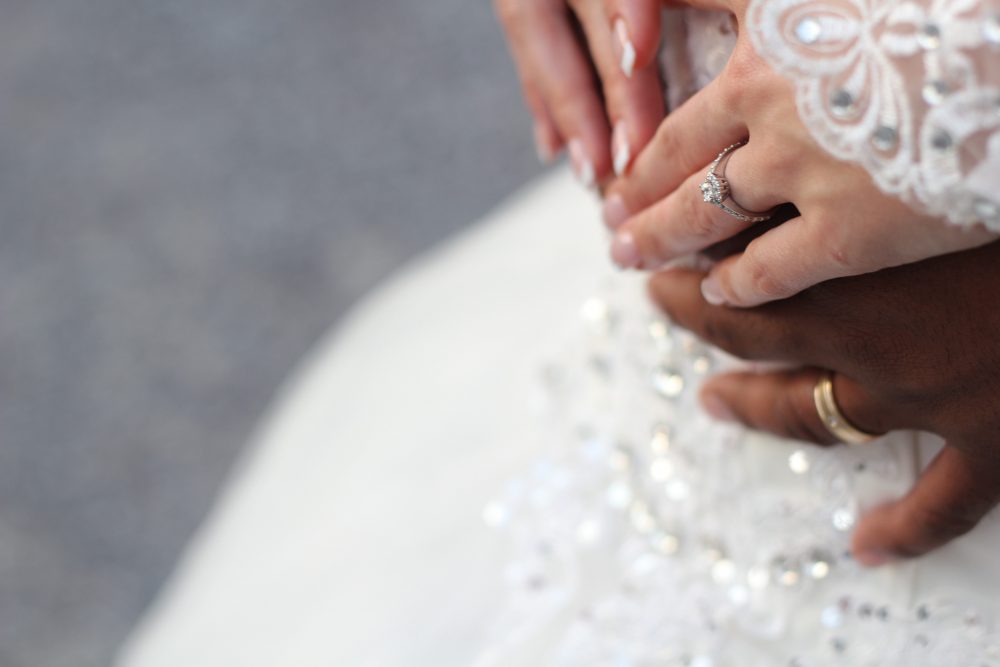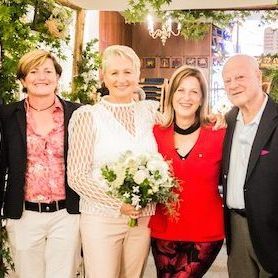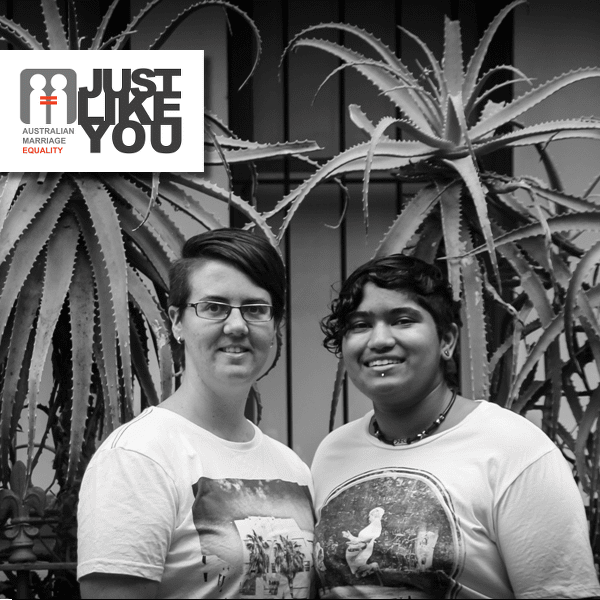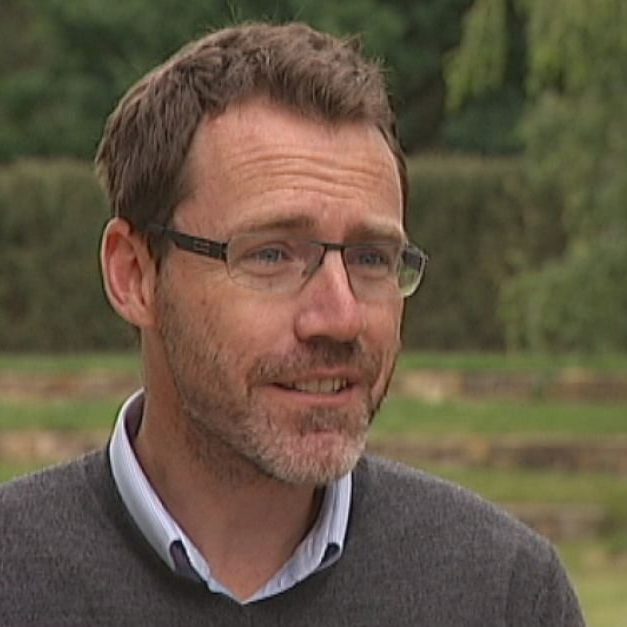 How Marriage Equality came too late for so many.
How Marriage Equality came too late for so many.
I have never been the religious type, but as I waited with the crowds at Prince Alfred Park in Sydney for the result of the dreaded postal vote back in November it occurred to me that, if there is a higher power, she definitely has a beautifully twisted sense of humour. As I chatted nervously with my equally jittery friends, I turned to find my soon-to-be ex-wife and her girlfriend standing less than ten metres away from us. The ink was barely dry on the ‘dissolution’ papers for our UK Civil Partnership and here we were celebrating the right to do it all over again on the other side of the world.
All of a sudden it hit me harder than it ever had when we were together – we were never legally married, nor would we ever be. And it wasn’t that some long-dormant feelings suddenly awoke in me – our marriage had rightly ended almost four years earlier. It was just that, no matter what the outcome of the vote that morning, it would come too late for our union. We would go down in history as a footnote during a time when marriage was thinkable, just not legal. In our eyes, we had been married. But in the eyes of the law, we never were.
When the head of the ABS finally announced the result, I cheered with joy and hugged everyone in sight (except my ex of course, who had mercifully disappeared). But I realise now that the tears that followed were not tears of joy but of sadness; a nod to my ghostlike marriage. I have always known how lucky I am, not only to have found a woman who I loved so profoundly that I wanted to marry her, but that we met at a time when we could live freely together without fear of persecution or overt discrimination. And I don’t for one minute believe that the legal status of our union had anything to do with the ultimate breakdown of our marriage. I just wonder – how many people did this legislation also come too late for?
And I don’t just mean the couples who, despite their public commitment ceremonies, were denied visas, pension rights, medical insurance and hospital visiting rights. I am thinking too of the countless women who have loved women but will never see a time when not only did they not have to hide who they were (and live with the shame and self-hatred of being socially unacceptable or even deviant), but will never know the feeling of having their love recognised as legitimate in the eyes of the law.
Throughout our lady-loving history marriage has always been present, although most often hidden from view. Historical sources are scant, but in her glorious global history of love between women, Leila J. Rupp uncovers a whole host of same-sex marriages, from the ‘Boston Marriages’ of the late 19th and early 20th centuries in New England to women from myriad cultures dressing as men and taking wives (sometimes more than one). These marriages may not have been legal but they were true to the ideals of marriage in every other sense.
The historical evidence is fragmented (as it is with so much of our history – rarely told by us), and it was much less common than male same-sex marriages as women rarely enjoyed the economic status many men did and therefore the social and legal freedoms that went with it; but as far back as Roman times, there are references to women marrying women. The right to marry who we please, in Australia as well as the other 23 countries that have so far legalised same-sex marriage, has been a long time coming.
So on that historic day in December when the Marriage Act was finally amended to include us, I was torn between the joy of recognition at last after fighting for so long; the self-righteous indignation that thought ‘about bloody time!’; the feeling of sheer luck to be alive to see and enjoy this day; the anger at the hateful bigotry which this postal vote gave a voice to; and the weight of sadness for my own un-marriage and the countless women who would never get to enjoy this day. And there were even those in our community who were decidedly unhappy about the result – they’ve fought for decades against marriage as an institution of patriarchal control and for the right to live outside the confines of societal norms, and marriage in particular. They see same-sex marriage as a sinister step towards conformity and suggest doing away with it altogether and, very occasionally, I can see their point.
Seeing front page spreads of the first joyous same-sex weddings in Australia has been bittersweet. Thinking back to the sea of faces singing and crying and cheering that day in Prince Alfred Park, I don’t think I was the only one whose emotional reaction was more complex than I’d expected. But after centuries of hiding, being told we are somehow less than, being misunderstood and abused in every way possible, I think we are entitled to raise a glass and feel whatever we bloody want.




